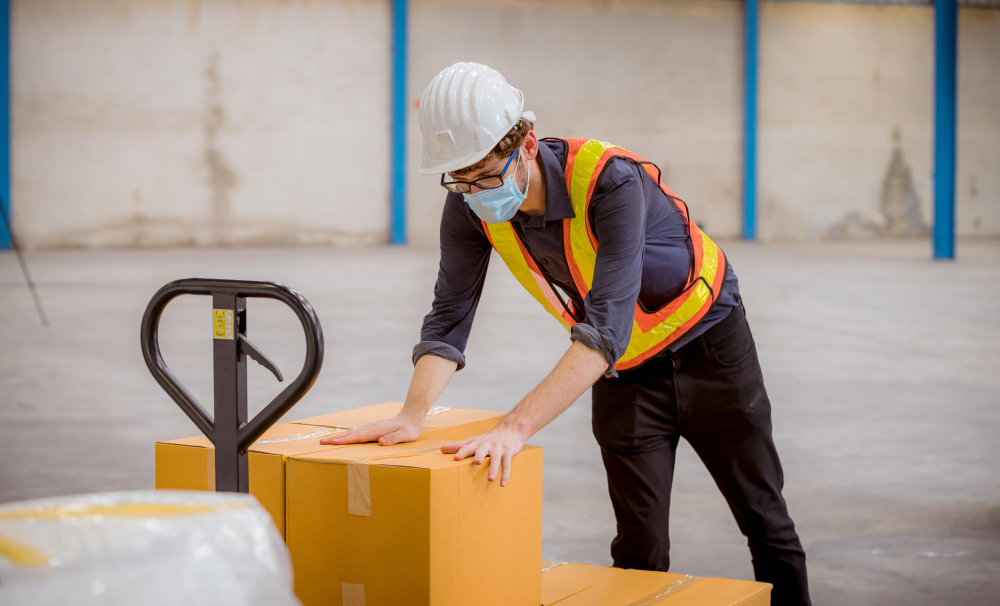


 149,200 Offered Certificates
149,200 Offered Certificates
 24/7 Online Training
24/7 Online Training
 Money Back Guarantee
Money Back Guarantee
 Fully Accredited Courses
Fully Accredited Courses

Created at: 2024-03-21 19:43:06
Abrasive wheels are indispensable tools in many industries, but they also pose significant risks if not handled properly. Understanding the common hazards associated with abrasive wheels and implementing appropriate safety measures are crucial for preventing accidents and injuries. Let's explore some of the most prevalent hazards and how to mitigate them:
Wheel Breakage: One of the most serious hazards associated with abrasive wheels is wheel breakage, which can result in flying fragments and serious injuries. To mitigate this risk:
Kickback: Kickback occurs when the abrasive wheel suddenly jams or binds, causing the tool to kick back towards the operator. To prevent kickback:
Flying Debris: Abrasive wheels generate a significant amount of debris during operation, posing a risk of eye injuries and lacerations. To minimize the risk of flying debris:
Improper Handling and Storage: Mishandling abrasive wheels during storage or transport can lead to damage and compromise their integrity. To ensure safe handling and storage:
Lack of Training and Supervision: Inadequate training and supervision can increase the risk of accidents involving abrasive wheels. To mitigate this risk:
By identifying and addressing these common hazards associated with abrasive wheels, employers can create a safer work environment and protect their employees from potential accidents and injuries.
For accredited Abrasive Wheels training courses in Dublin, trust Ireland Safety Training. Visit Ireland Safety Training to learn more or contact us via email at [email protected].